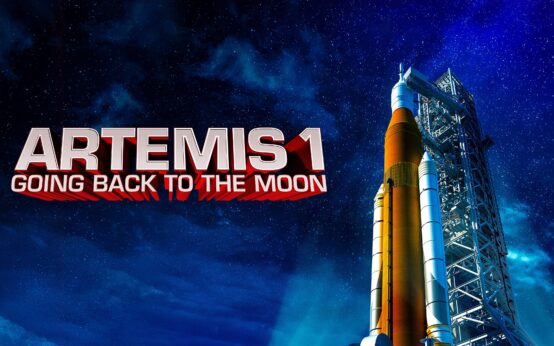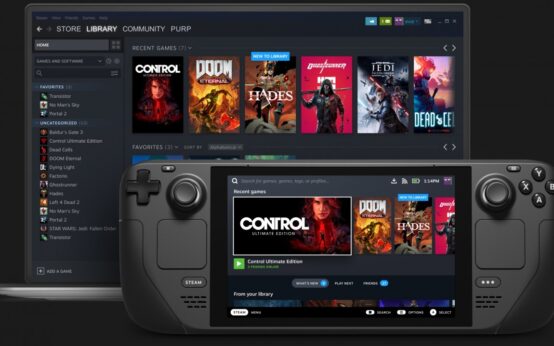In the rapidly evolving landscape of the tech industry, few battles have garnered as much attention as the one between Epic Games and Apple. This clash, centering on market power and revenue, represents not just a disagreement between two corporate giants but also a conversation about the broader implications for the gaming industry, innovation, and consumers’ rights. But what precisely does this mean for the average consumer, and how might it shape the future of gaming?
Unravelling the Root of the Controversy
In the heart of the dispute lies Epic Games’ simple yet pivotal move: introducing direct payments in its globally popular game Fortnite. By circumventing Apple’s in-app purchase mechanism, Fortnite was deprived of the customary 30% commission that Apple normally receives. As a result of this bold move, Apple pulled Fortnite off the App Store quickly.
How Might Consumers Feel the Impact?
Evolving Costs and Pricing Dynamics: Had Epic’s initiative been embraced and upheld, it might have set a precedent for other developers to employ similar systems. The potential upside for consumers would be decreased prices, as developers would no longer need to incorporate Apple’s 30% commission into their pricing calculus. However, there’s a counter-argument: free from the confines of Apple’s payment system, developers might opt to raise in-game prices, justifying the hike by underscoring the unique value or experiences they provide.
Flourishing App Ecosystem: A favorable ruling for Epic might have inspired other developers to challenge the status quo of App Store policies, fostering a more diverse and spirited app ecosystem. Heightened competition usually spurs innovation, possibly leading to enhanced, varied, and revolutionary apps and games tailored for consumers.
Navigating Security Implications: Apple’s defense of its closely guarded ecosystem invariably centers on user security. If forced to concede and permit alternative payment mechanisms or app marketplaces, potential security vulnerabilities could emerge. While providing more choices, it might also pave the way for less rigorous apps or payment gateways, escalating risks associated with data violations or fraudulent activities.
Platform Exclusivity and Unprecedented Access: Conflicts like the one between Epic and Apple may redefine what it means to have platform-specific apps. Depending on corporate disagreements, gamers may welcome beloved titles spanning more platforms, or conversely they may lament their removal from favorite platforms.
Glimpsing the Larger Picture in the Gaming Domain
Game companies’ sweeping shifts in the gaming landscape are reflected in the Epic vs. Apple saga that goes beyond a single game or platform:
This dispute highlights the underlying tensions between platform proprietors who claim a share of revenue and developers who feel the economic pinch. Rethinking Revenue Paradigms: Gaming’s conventional revenue blueprints are changing. During the evolution of these models, we may observe changes to game pricing structures, in-game marketing strategies, and the essence of in-game financial transactions.
Increasing cloud gaming platforms such as NVIDIA GeForce Now, Google Stadia, and Microsoft Xbox Cloud Gaming, along with a Developer-focused evaluation: GPT vs Bard, may diminish the prominence of platform-bound app stores as they grow. By offering seamless transitions across devices, gamers may be less affected by disputes such as Epic vs. Apple.
An effort to increase developer autonomy might be spurred by the conflict between Epic and Apple. This might motivate developers to question platform regulations or to create their own platforms. This can result in a diverse gaming ecosystem; it may also result in a milieu where smaller developers struggle to get a foothold.
Concluding Thoughts
The Epic Games versus Apple confrontation transcends a mere corporate tiff. It mirrors the dynamic and complex transformations underway in the gaming realm and the broader technological sector. For consumers, the aftermath of this dispute and its associated ramifications could sculpt how they access, remunerate, and engage with games in the subsequent years.
Because both the gaming and tech sectors are intricate and ever-evolving, it becomes paramount for enthusiasts and consumers to remain informed and engaged as these monumental shifts and confrontations arise.

 The Creative Mind Behind Citizen Sleeper
The Creative Mind Behind Citizen Sleeper  Becoming a VTubers : A Step-by-Step Guide
Becoming a VTubers : A Step-by-Step Guide  Steam Deck and Artemis 1: Navigating Setbacks
Steam Deck and Artemis 1: Navigating Setbacks  Rediscovering PC Gaming with the Steam Deck
Rediscovering PC Gaming with the Steam Deck  Streamlining Esports Communication with Discord
Streamlining Esports Communication with Discord  The Graphics and Visuals of Hogwarts Legacy
The Graphics and Visuals of Hogwarts Legacy